Germany has finally presented its decision over foreign vendors’ participation in building 5G network for the country. In defiance against the U.S. wish, it will not ban Chinese telecoms giant – Huawei Technologies Co. – from its 5G mobile networks, saying that it want’s to create “a level playing field” for all vendors.
The German Federal Network Agency on Tuesday published a comprehensive draft of new security requirements for telecom networks, indicating that the main priority is that manufacturers and suppliers of network components must demonstrate their “trustworthiness” through various certifications.
Huawei happily welcomed Germany’s “fact and standards based approach”. The Chinese tech giant says – “Politicizing cyber-security will only hinder technology development and social progress while doing nothing to address the security challenges all countries face. Huawei will continue to work openly with regulators, customers, and industry organisations to ensure that mobile networks are secure.”
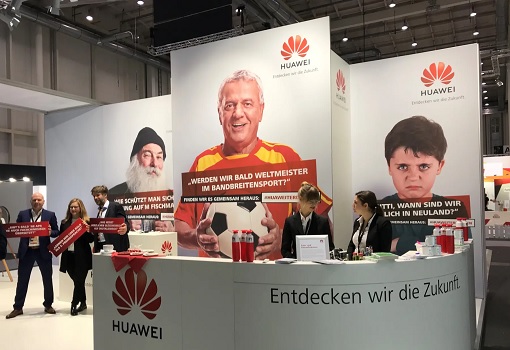
“Over the past 30 years, we have served more than three billion people around the world, and we have maintained a strong track record in security throughout,” – Huawei proudly declared. The Germany’s new security standards, which are subject to revision before being submitted to parliament, means Huawei is free to participate in the country’s ambitious plan to build high-speed internet infrastructure.
The decision is a blow to the United States for obvious reason. The U.S. has been pressuring – even threatening – it’s allies to exclude Huawei from 5G infrastructure, claiming its presence in the networks would enable Chinese espionage. Allies, including Australia and New Zealand have already banned the company from their domestic networks.
As far back as 2012, Huawei and ZTE Corp were the subjects of an investigation that looked into whether their equipment could pose a threat to U.S. interests. Since then, the U.S. has been warning its allies, especially the members of the so-called Five Eyes, a group of five English speaking countries – U.S., Canada, New Zealand, Australia, Great Britain – against using Huawei technology for critical infrastructure.
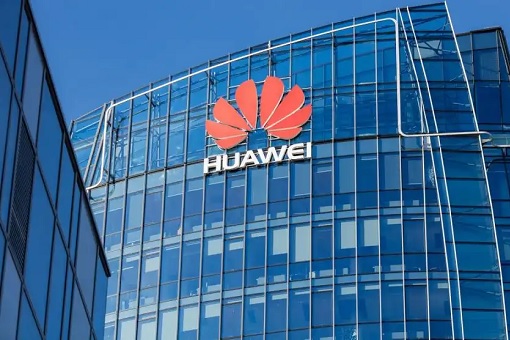
Still, the U.S. has not been able to provide any evidence over allegations that China uses Huawei as their spying tools. In its retaliation against American hate-campaign against the company, Huawei slapped the U.S. government with a lawsuit, arguing that a law that bans United States federal agencies from buying Huawei products is against its very own Constitution.
Naturally, the latest decision by Germany has sparked immediate criticism from the U.S. Robert L. Strayer, the U.S. State Department’s deputy assistant secretary for cyber and international communication, said that if Huawei is allowed to participate in the German 5G market, Washington would reassess its relationship with Berlin in terms of intelligence sharing and other security matters.
This is not the first time that the U.S. has threatened to sever relationship with Germany over intelligence sharing though. And the decision to allow Huawei to play a role in the country’s 5G infrastructure isn’t a surprise. In March, Angela Merkel, Chancellor of the Federal Republic of Germany, dropped a bombshell that the nation will not bend over to the pressure to boycott the Huawei.
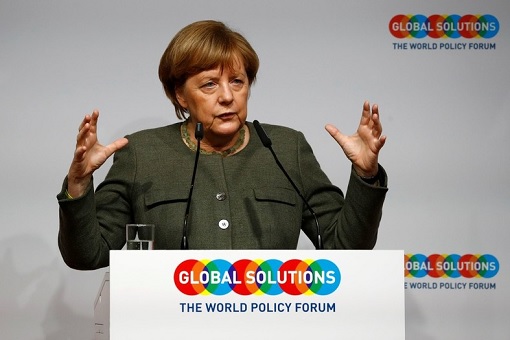
While delivering her message at the Global Solutions summit in Berlin back then, Merkel said – “There are two things I don’t believe in. First, to discuss these very sensitive security questions publicly, and second, to exclude a company simply because it’s from a certain country.” It’s not hard to understand why the biggest economy of the European Union refused to obey the U.S.
European carriers have warned their governments that sidelining Huawei would delay fifth-generation networks by years. Jochen Homann, chairman of the German Federal Network Agency (BNA), said excluding Huawei would present significant problems – “Huawei is an important supplier, already present in our previous networks – it will be difficult to do without such companies and this is not at all what we want.”
Huawei has already worked on 5G trials with Deutsche Telekom and has previously supplied existing equipment to all of Germany’s telecoms operators. Already, Germany, despite being the largest economy in the 28-member EU, lags behind Qatar and even Albania when it comes to mobile internet speeds. Embarrassingly, Germany was ranked 43rd spot with its download speed of only 31.33 Mbps.
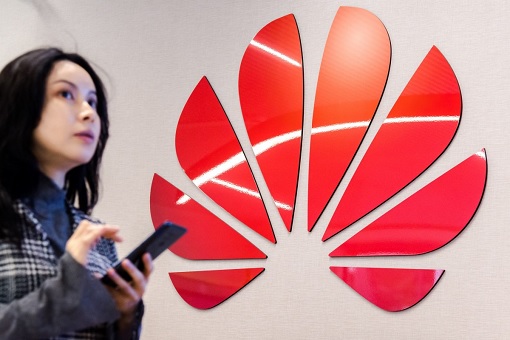
After Merkel’s speech, Washington warned it could scale back the sharing of sensitive information with Berlin if it does not exclude 5G hardware made by Huawei. The threat from the U.S. escalated when NATO’s Supreme Allied Commander in Europe, US General Curtis Scaparrotti, warned Germany that NATO forces wouldcut communications if Berlin decided to work with Huawei.
Despite restrictions and tech war from the U.S., Huawei continues to enjoy rapid growth in its 5G business. In a press release on Wednesday (Oct 16), the tech giant announced it had signed more than 60 commercial 5G contracts “with leading global carriers” and shipped more than 400,000 5G base stations to global markets to date.
Huawei also revealed that “more than 700 cities, 228 Fortune Global 500 companies, and 58 Fortune Global 100 companies had selected Huawei as their partner for digital transformation.” Revenue for the first three quarters of 2019 was 610.8 billion Yuan (US$86.2 billion), up 24% year-on-year, despite the Chinese company being blacklisted by Trump administration.
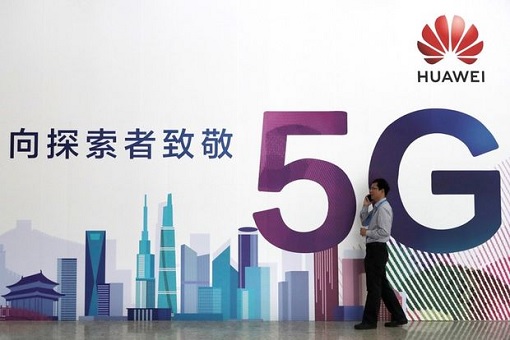
Besides lawsuits against the U.S., Huawei had retaliated against the U.S. when it brought its war with the U.S. to the phone industry’s biggest trade show – MWC Barcelona – where 100,000 participants were given another side of the story. Besides telling a packed main auditorium that the U.S. had absolutely “no evidence” to back their “spying” claims, Huawei also dropped two bombshells..
Reminding the audiences to a US federal law that compels U.S. tech companies to provide law enforcement officials with the requested data stored on servers – even if they are located on foreign soil – Huawei’s rotating Chairman Guo Ping said the real reason the U.S. declares war on Huawei was because the U.S. spy agencies could not spy beyond Huawei equipments.
The other reason being Huawei, after investing heavily in 5G research for the past 10 years, has positioned the company roughly a year ahead of its competitors. Hence, the U.S. had no choice but to keep the company out of the world’s reach by portraying the Chinese solution as a security threat. In doing so, the U.S. can retain its ability to spy until the country, which has fallen behind, can catch up.
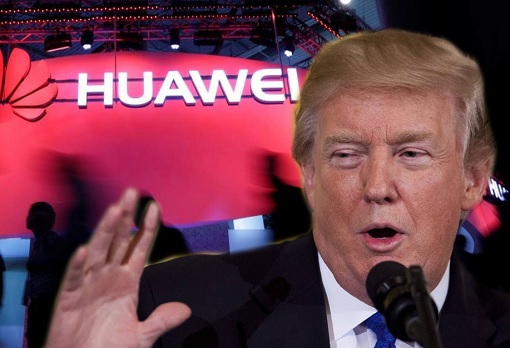
Other Articles That May Interest You …
- It’s OK To Share 5G Technology With The U.S. – Because Huawei Has Already Begun Working On 6G
- Huawei’s Market Share Hits Record 38% In China – All Competitors’ Share Including Apple Plunges
- From Trade War To Tech War – After 5G Technology, The US Aims To Cripple China’s Artificial Intelligence
- As Huawei Hits $100 Billion Revenue, Chairman Said The U.S. Has “Loser’s Attitude” & “Table Manners” Problem
- Germany Resists US Pressure – Won’t Ban Huawei From Providing 5G Mobile Technology
- Huawei Sues The U.S. – A Law That Bans Procurement Of Huawei Products Violates American Constitution
- “You Cannot Crush Us” – Huawei Founder Warned About Shifting Investment From The U.S. To U.K.
- Huawei Strikes Back – U.S. Fears Of Being Left Behind, Fails To Hack Into Huawei To Spy
- From Trade War To Political Kidnapping – Two Canadians Held “Hostage” As China Retaliates
- China Invasion – Top 10 American Iconic Brands Now Owned By Chinese

|
|
October 17th, 2019 by financetwitter
|


|

|

|

|

|

|




























Comments
Add your comment now.
Leave a Reply